In May, Arizona House Speaker Ben Toma and Minority Leader Andres Cano agreed to create an “Ad Hoc Committee on Empowerment Scholarship Accounts Governance and Oversight.” The committee was tasked with gathering information from “experts, parents, and the public about the structure and functions of an appropriate governance and oversight body” over the state’s Empowerment Scholarship Accounts (ESA) program. ESA empowers families to meet their kids’ unique educational needs using 90% of the state funding that would have gone to their child’s public school. Families can spend ESA funds on private school tuition, online education programs, tutoring, curriculum, therapies and other direct education needs of the child.
According to AZCentral.com, the committee’s creation was an attempt to assuage Gov. Katie Hobbs’ concerns about the program, which expanded eligibility last year to every kid in Arizona. Since expansion, rolls have grown nearly ten times, so today, more than 70,000 kids are using ESA to build their ideal educational experience in the Grand Canyon State.
The committee convened several times over the course of the summer and fall, holding its final meeting on Nov. 14.
During that meeting, the committee opened the floor to about one minute of comment from members of the public. Of those in attendance, several parents and even young adults whose families had benefitted from ESA spoke in favor of the program. Among them was Chrystal, who explained how far her son has progressed since ESA empowered her with resources to educate him in an environment best suited for him.
Whitney Marsh, director of policy operations with yes. every kid. foundation., also spoke to how ESA empowers families to meet their kids’ unique needs, urging the committee to put families at the center of their work to provide oversight and governance of the program.
A poll conducted by yes. every kid. foundation. this year found that over three-quarters of parents and almost two-thirds of non-parents in Arizona support ESAs.
Instead of continuously scrutinizing the decisions parents make for the best outcomes for their children, Marsh noted, “families know what’s best for their kids and want what’s best for their kids. And therefore, they should be the ones with the decision-making authority.”
She also noted that opponents of ESAs unfairly demand much higher scrutiny of families for educating their kids than other public benefit programs.
Comparing Arizona’s ESA program to other public benefit programs administered by the state, including unemployment insurance, Medicaid, and SNAP, you will find that the ESA program is 1) excessively rigorous in its reviews and 2) less prone to misspending.
Even in Arizona’s more publicly scrutinized 2018 audit of the program, the effective error rate for misspending totaled roughly 1.2 percent ($700,000 out of approximately $60 million). By comparison, Arizona’s Unemployment Insurance program has an improper payment rate of 22%; 17% in Medicaid and CHIP; and 11.4% in SNAP.
Ultimately, when it comes to this committee’s work, Marsh suggested that it should instead ask whether eligible families are even aware of the program. Can they easily apply and receive a response within a reasonable timeframe, are they given clear and timely guidance on how to compliantly use their scholarships, and are they provided with the flexibility to use their scholarships on the educational services and resources that best serve their kids?
Thankfully for Arizona families, the committee adjourned at the end of the Nov. 14 meeting, having adopted no proposals to alter the ESA program. It is required to submit a final report by the end of the year.
Read Whitney Marsh’s full written comment to the committee, or watch her truncated in-person remarks below.
